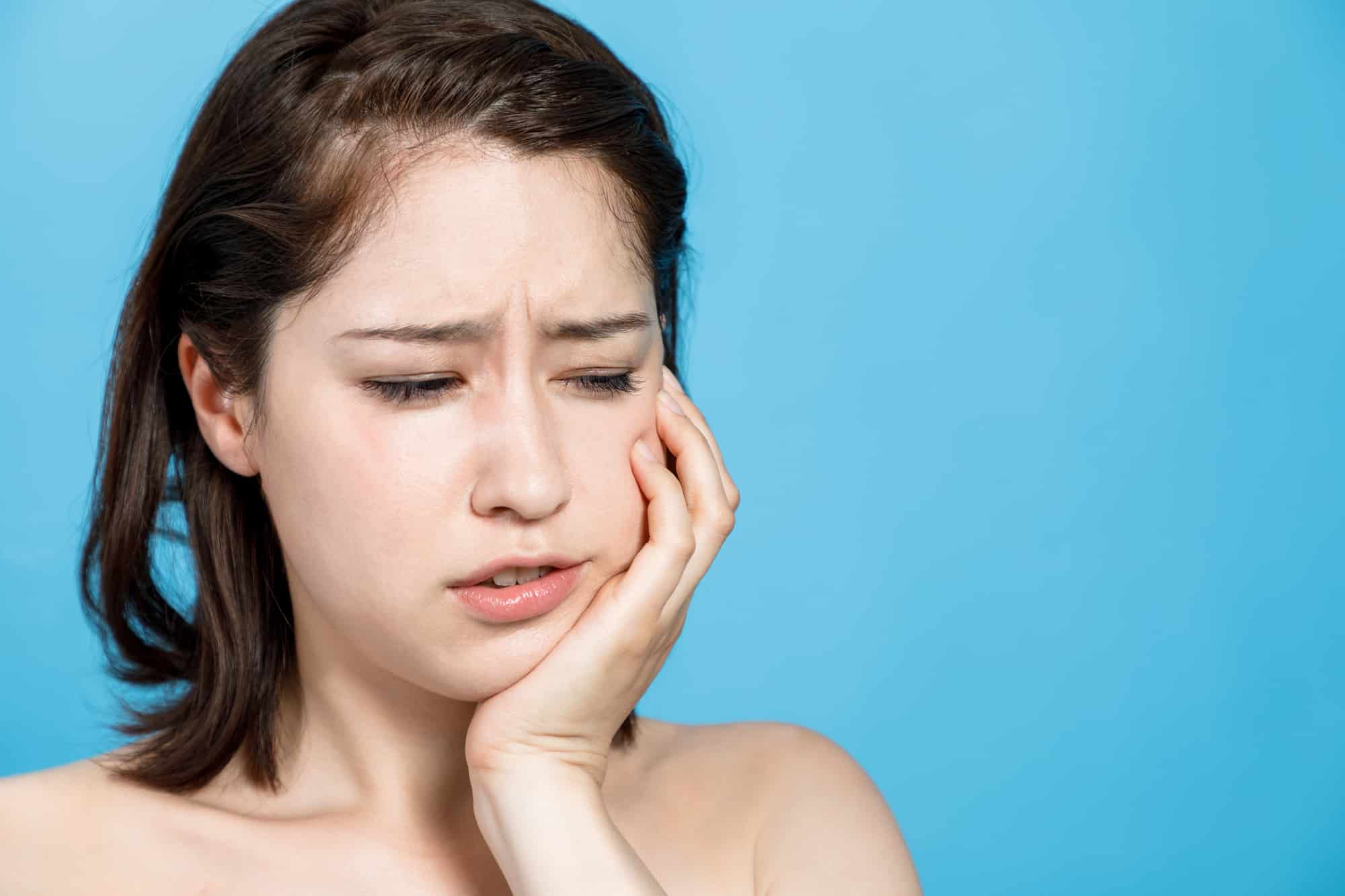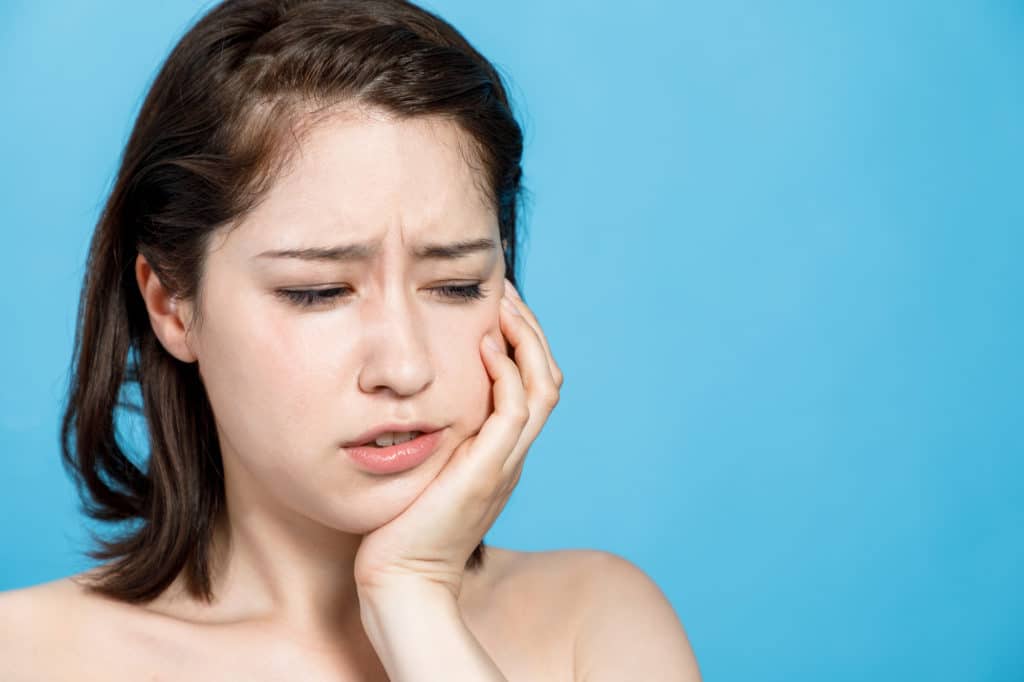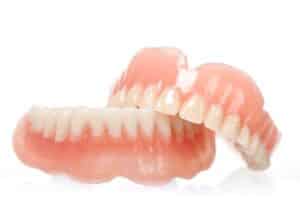TMJ disorder or a Temporomandibular Joint Pain may go from mild to acute. To know why TMJ pain sometimes turns very difficult for the patient, one needs to understand the physiology of the particular joint in question. The joint connects the mandible, that is the lower jaw, and the temporal bone which lies on that side of the skull is the Temporomandibular joint. Therefore, as is evident from its position, the TMJ is responsible for up and down as well as side to side movements of your head. Additionally, this joint is related to chewing and talking too.

You can place your fingers just in front of your ears and open your mouth. Here you feel the joint and its movement. When you open your mouth, the rounded ends of your lower jaw (known as condyles) glide along the joint socket of your temporal bone. On closing the mouth, the condyles slide back to their original position. To keep this motion hassle-free, a soft cartilage lies between the condyle and the temporal bone. It is responsible for absorbing shock to the temporomandibular joint from chewing or other movements.
Since a number of major functionalities are connected to your TMJ, it makes dealing with TMJ disorders a lot too difficult.
The primary signs and symptoms that tell you that you are possibly suffering from a TMJ issue are:
- Headaches and feelings of dizziness, nausea or vomiting.
- Pain in the facial muscles and jaw joints that may radiate to the neck or shoulders.
- Ear pain, a feeling of ringing in the ears (tinnitus) and/or hearing loss.
- A clicking or popping sound, especially while opening and closing your mouth. Others can sometimes hear the clicking and popping sounds too!
- Your face and mouth may swell on the affected side.
- A locked jaw while yawning or difficulty in opening your mouth widely at all.
- Difficulty in swallowing due to muscle spasms faced by the TMJ pain patient.
How to get relief from a TMJ problem?
Being a joint pain, medication for TMJ pain goes no further than simple pain relievers. Therefore, treatment largely consists of lifestyle changes. Alterations in some of your day to day habits that may alleviate your TMJ pain are:
- Avoid too many chewing gums a day
- Stop grinding and clenching your teeth, if you are in the habit of doing so.
- Avoid biting on hard foods or objects (chewing the other end of your pen or pencil) and so on.
- Avoid taking too much stress and try not to suffer from a lack of sufficient sleep.
Once you have adopted all these practices and the pain still doesn’t seem to heal down, your dentist will now recommend the treatment of some existing conditions. Some of them are:
- Bruxism – For patients in the habit of teeth grinding and clenching unconsciously (that is during their sleep), a dentist usually prescribes the use of mouth guards at night to keep you from grinding your teeth.
- Osteoarthritis– In some individuals, TMJ disorders are caused by degenerative conditions like osteoarthritis. In such cases too, there are not many medications to reverse the situation. Rather, steroid injections may be given to give some relief to the patient.
Surgery, like most other ailments, remains to be the last resort while TMJ treatment options are being considered. The pain may be caused by damage to the joint itself and/or to the muscles surrounding the jaw. Surgery is only recommended when some corrections to the actual joint are needed.





